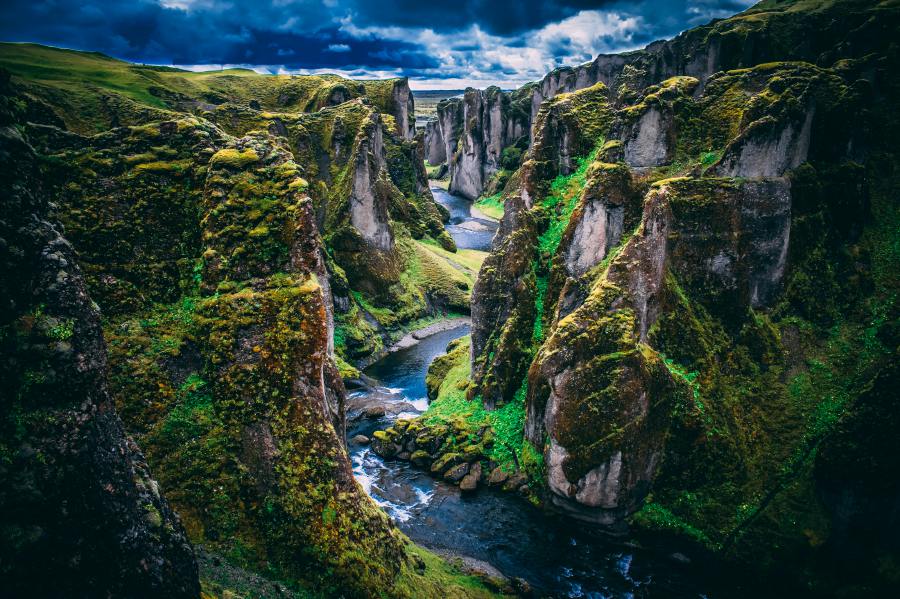
REYKJAVIK, July 21 (NNN-AGENCIES) –: The hot springs of Iceland are not the only thing making tourists sweat, as a look at the hotel or lunch bill will tell you that most things cost more, sometimes much more, than anywhere else in Europe.
On the subarctic island, consumer prices were on average 56 percent higher than the rest of Europe in 2018, making Iceland the single most expensive country, ahead of Switzerland (52 percent), Norway (48 percent) and Denmark (38 percent), according to Eurostat data.
According to the consumer price comparison site Numbeo, a dinner for two in an average restaurant ends with a bill of about 85 euros, a bottle of wine in a shop is priced at around 17 euros, and a dozen eggs cost up to five euros.
A small population of 355,000 coupled with a high dependence on imported goods and high taxes on alcohol all help explain Iceland’s steep prices.
“Iceland is so small. So it’s very difficult to get the same economies of scale as you have with companies in countries that are 100 times larger,” said Konrad Gudjonsson, chief economist at the Iceland Chamber of Commerce.
Regulation also plays a part and imported products based on things like raw eggs or unpasteurised milk face significant customs barriers.
Large fluctuations in the Icelandic krona in 2016-2017 have also led to a general price increase.
In 2018, the median monthly wage for someone working full-time was 632,000 kronor before tax, according to Statistics Iceland.
So while the cost of living can come as a shock to tourists, the locals have the salaries to match it.
According to the central bank’s forecasts, Iceland is heading for harder times. The economy is on course to contract by 0.4 percent in 2019, which would be the first time it shrinks in ten years.
Statistics Iceland also lowered its outlook in May. It now predicts a 0.2 percent contraction of GDP, after having forecasted 1.7 percent growth for the year in February.
The worsening outlook is attributed in part to a decline in the island’s outsize tourism industry, which is has been exacerbated by the collapse of Icelandic low-cost carrier WOW air.
Meanwhile, inflation has picked up, reaching 3.1 percent in the first quarter of the year, “thus decreasing everyone’s purchasing power“, said the Chamber of Commerce’s Gudjonsson. — NNN-AGENCIES
